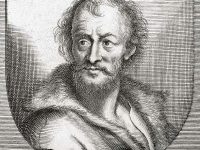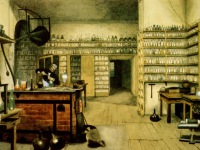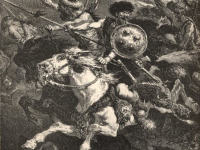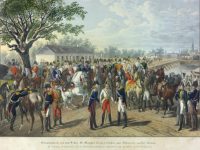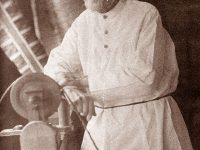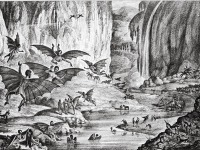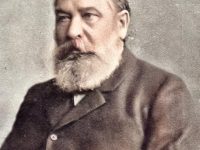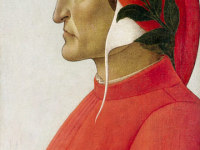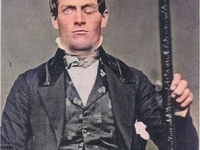The Topographia of Matthäus Merian
On September 22, 1593, Swiss-born German master engraver and publisher Matthäus Merian der Ältere was born. He is best known for his 21-volume set of the Topographia Germaniae, which includes numerous town plans and views, as well as maps of most countries and a World Map. From a previous blogpost, you may have heard about Maria Sibylla Merian,[4] the daughter of Matthäus who became widely known for her extraordinary detailed observations and…
Read more

